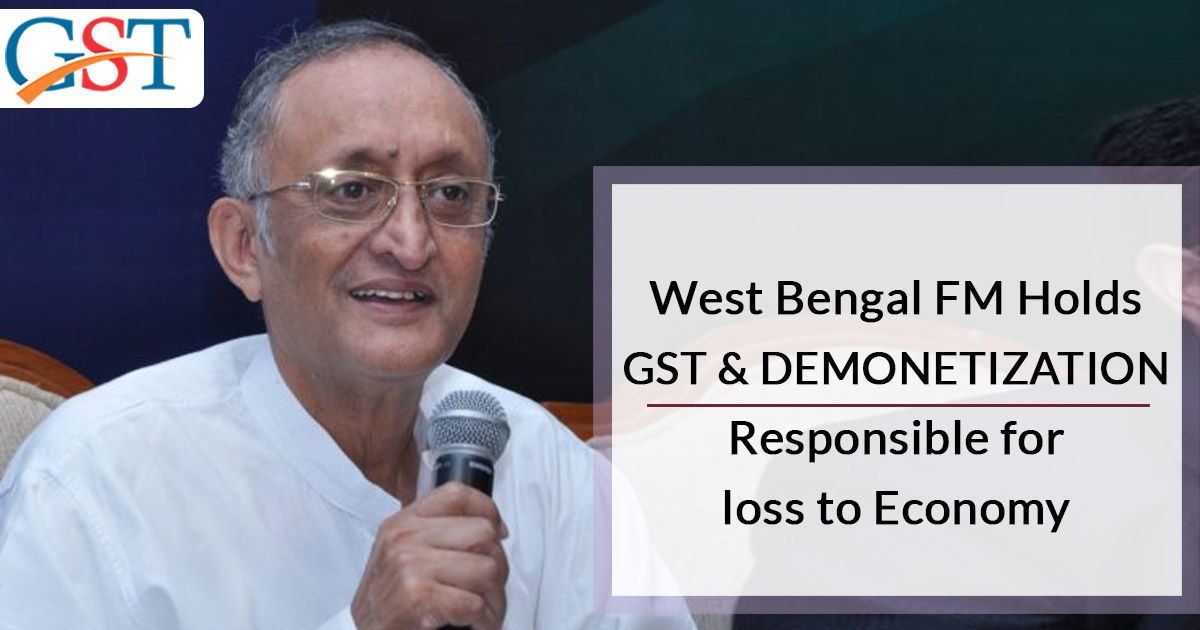Demonetisation was a bold move in a predominantly cash dependent Indian Economy. But a recent report on the effects of demonetization to a parliamentary committee by the Union Agriculture Minister will put to rest all claims made by the current government regarding the success of the move. A common symptom of the failure was definitely the changing goalposts for the reason behind demonetization. Initially, if the target was black money and terrorism, demonetization was later projected as a necessary impetus for a digital economy. This has given opposition parties, ahead of the central polls, a yardstick to judge the work and effectiveness of the current government.
Real Aslo : Time Limitation for Income Tax Related Documents Retention
On Friday, at the India International Trade Fair (IITF), West Bengal Finance Minister Amit Mitra made a stringent attack on the central government. He claimed that demonetization and haphazard implementation of GST has incurred a loss of Rs 4.75 lakh crore to the Indian Economy. Mr. Amit Mitra also went on to criticize other claims and policies of the central government. These include the instant (59-minutes) 1 crore loan initiative Rs 1 crore loan for micro, small and medium enterprises (MSMEs). Other key points of concern for the minister include:
- Lower Cash to GDP ratio of Indian Economy.
- Rising Economic Uncertainty among small businesses.
- Negative Impact of Demonetisation on cash dependent unorganized sector.
Mitra said, “How much GDP has been lost to India due to demonetization and GST? It is Rs 4.75 lakh crore,”. West Bengal recorded Rs 78,929 crore decrease in State Revenue post-GST. The revenue loss, however, has been compensated by the Central Government.
Facts Vs Fiction
Although the central government has been on the receiving end of things over its Demonetisation move. But one cannot hide from the truth that tax revenue is a major contributor to public services and schemes. In this regard, demonetization and GST was an attempt to formalize some portion of the informal sector. Even if the Government failed on this front, it is still a right way forward towards a more inclusive economy.
The GDP declined from 8.2 percent in 2015-16 to 7.1 percent in 2016-17 and further to 6.7 percent in 2017-18. But these were expected when one considers the veracity and the boldness of the two moves. However, a more cautious implementation would have certainly played a major role in lessening the paranoia and misconception that subsumed the 20 crores poor as well as other small and medium scale traders of India post-Demonetisation and GST.










